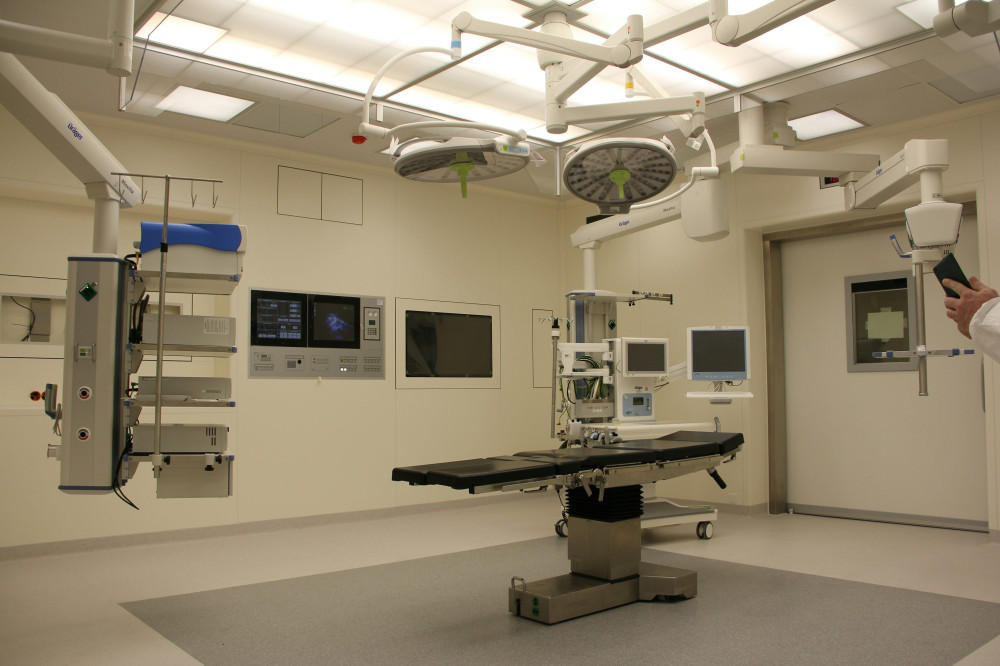
How Much Does Medical Lab Assistant Make
Understanding the Role of a Medical Lab Assistant
The medical lab assistant (MLA) plays a crucial role in the healthcare system, providing essential support to medical laboratory technologists and pathologists. Their primary responsibilities include preparing specimens for analysis, performing basic laboratory tests, maintaining laboratory equipment, and ensuring compliance with safety protocols. These professionals are often the backbone of laboratory operations, ensuring that tests are conducted efficiently and accurately. The demand for skilled medical lab assistants continues to grow, driven by advancements in medical technology and an increasing emphasis on diagnostics in patient care.
Factors Influencing Salary
Several factors influence the salary of a medical lab assistant, including geographic location, level of education and certification, years of experience, and the type of healthcare facility in which they work. Each of these factors contributes to the overall earning potential of an MLA, making it essential for aspiring professionals to understand how they can maximize their salary.
Geographic Location
The location of a medical lab assistant's job significantly impacts their salary. Urban areas or regions with a high cost of living tend to offer higher salaries compared to rural areas. For instance, states like California, New York, and Massachusetts often have higher compensation rates due to the increased demand for healthcare services and the cost of living. Conversely, states with lower living costs may offer lower salaries, but these can still be competitive relative to local economic conditions.
Education and Certification
While a high school diploma may qualify a candidate for entry-level positions, obtaining a degree or certification in medical laboratory technology can enhance job prospects and salary potential. Many employers prefer candidates who have completed an associate's or bachelor's degree in a related field. Additionally, certifications from recognized organizations, such as the American Society for Clinical Pathology (ASCP) or the National Healthcareer Association (NHA), can further boost an MLA's credentials and earning potential.
Years of Experience
As with many professions, experience plays a vital role in determining salary. Entry-level medical lab assistants may earn lower salaries, but as they gain experience and develop specialized skills, their earning potential typically increases. Many MLAs find that after a few years in the field, they can negotiate higher salaries or pursue advanced roles with greater responsibilities, such as laboratory supervisors or managers.
Type of Healthcare Facility
The type of healthcare facility can also influence the salary of a medical lab assistant. Those working in hospitals often earn more than those employed in smaller clinics or research laboratories. Hospitals generally have larger budgets and a higher volume of lab work, which can lead to better compensation packages, including benefits. Additionally, specialized laboratories that focus on specific fields, such as oncology or genetics, may offer higher salaries due to the advanced skills required in those areas.
Average Salary of Medical Lab Assistants
According to the U.S. Bureau of Labor Statistics (BLS), the median annual salary for medical lab assistants was approximately $38,350 as of May 2022. This figure can vary significantly based on the aforementioned factors. For instance, the lowest 10% of earners made less than $30,000 per year, while the highest 10% earned more than $48,000 annually. It's important to note that these figures are subject to change based on market demand and economic conditions.
Job Outlook and Opportunities for Advancement
The job outlook for medical lab assistants is promising. The BLS projects that employment in this field will grow by 11% from 2022 to 2032, which is much faster than the average for all occupations. This growth can be attributed to the increasing need for diagnostic testing, particularly in an aging population that requires more medical services. As the healthcare industry continues to evolve, MLAs will find themselves in high demand, with opportunities for advancement available in various specialized fields.
Benefits Beyond Salary
While salary is an important consideration, it’s also essential to evaluate the overall compensation package, which often includes benefits such as health insurance, retirement plans, paid time off, and continuing education opportunities. Many employers offer tuition reimbursement or assistance for those pursuing further education or certifications, which can significantly enhance long-term earning potential. Additionally, work-life balance and job satisfaction are important aspects of a medical lab assistant's career that should not be overlooked.
Tips for Maximizing Your Salary as a Medical Lab Assistant
For those looking to maximize their earning potential as a medical lab assistant, several strategies can be employed. First, pursuing additional certifications can make a candidate more attractive to employers and may lead to higher-paying positions. Second, gaining experience in specialized areas of laboratory work can open doors to advanced roles that offer better salaries. Finally, networking within the industry and seeking out job opportunities in high-demand areas can lead to more lucrative positions.
The salary of a medical lab assistant can vary greatly based on a multitude of factors, including geographic location, education, experience, and the type of healthcare facility. With a promising job outlook and opportunities for advancement, this profession offers a stable career path for those interested in the healthcare field. By understanding the various elements that affect salary and taking proactive steps to enhance their qualifications, aspiring medical lab assistants can position themselves for success in this rewarding career.


